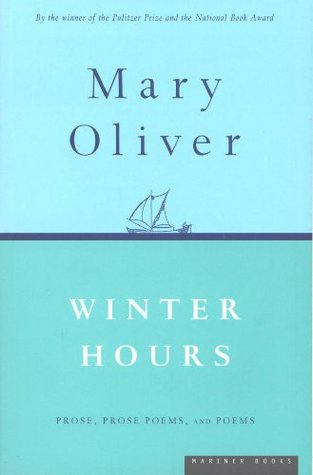More on this book
Community
Kindle Notes & Highlights
the merging of the lonely single self with the wondrous, never-lonely entirety.
this is a long poem and it is not an argument but a thousand examples, a thousand taps and twirls on Whitman’s primary statement.
felt experience.
The eleven poems remaining are various in tone and intention.
none of them measures anywhere near “Song of Myself,” with its thunder and its kisses and its implications.
we truly need, and Whitman knew it, each of the slow, descending chords that follow.
He was after a joyfulness, a belief in existence in which man’s inner light is neither rare nor elite, but godly and common, and acknowledged.
With Whitman it’s opera, opera, opera all the time!
Leaves of Grass assumes an intimate audience of one—one who listens closely to the solitary speaker.
For Whitman the erotic life of the body was all that the word “erotic” means, plus more; it was also its own music, its authority, and its manner of glazing our surroundings so that it seems we have been given new sight.
Eroticism
what Leaves of Grass advocates:
healthy, heavy, seeded life o...
This highlight has been truncated due to consecutive passage length restrictions.
you must take it to the hilt, you must stay with it almost beyond endurance, for
This is the grass that grows wherever the land is and the water is, This is the common air that bathes the globe.
like all great literature it has a deeper design:
It offers a way to live, in the religious sense, that is intelligent and emotive and rich, and, dependent only on the individual—no
purest of mysteries:
power without anger, injury without malice.
Even the most solitudinous of us is communal by habit,
to make a moral world.
Then comes evil, crossing the street, going out of its way with determined steps and a face like a nail—invasive, wanting to molest, to hurt, to stain, to dismay, to dishearten.
The wild waste spaces of the sea, and the pale dunes with one hawk hanging in the wind, they are for me the formal spaces that, in a liturgy, are taken up by prayer, song, sermon, silence, homily, scripture, the architecture of the church itself.
Who knows what is beyond the known? And if you think that any day the secret of light might come, would you not keep the house of your mind ready? Would you not cleanse your study of all that is cheap, or trivial? Would you not live in continual hope, and pleasure, and excitement?


